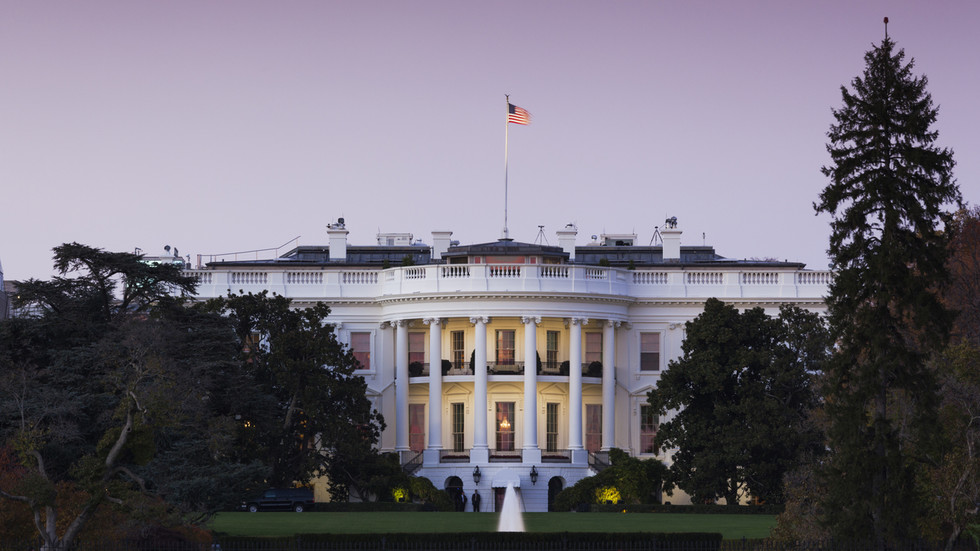
Sri Lankan President Anura Kumara Dissanayake
Sri Lankan President Anura Kumara Dissanayake's leftist coalition, the National People's Power (NPP), secured a decisive victory in snap legislative elections, with voters rejecting establishment parties widely criticised for sparking an economic crisis. The election results, released Friday, showed overwhelming support for Mr Dissanayake's anti-corruption platform and promise to recover assets lost due to corruption.
The self-avowed Marxist called for swift parliamentary polls to consolidate backing for his reform agenda. Friday results showed his decision paid off, with the NPP capturing at least 123 seats in the 225-member parliament, with projections suggesting further gains. Early tallies showed the NPP with 62 per cent of the vote, far ahead of opposition leader Sajith Premadasa's party, which trailed with just 18 per cent.
Here are some facts about Anura Kumara Dissanayake:
- Anura Kumara Dissanayake was born on November 24, 1968, in Thambuththegama, Sri Lanka, into a working-class family. His father was a labourer, and his mother a housewife. Mr Dissanayake was involved in the Janatha Vimukthi Peramuna (JVP) party during his school years and was the first student from the college chosen for admission into the university.
- He studied at the University of Peradeniya before leaving due to threats during the political unrest of the 1987-1989 JVP insurrection. Mr Dissanayake later graduated from the University of Kelaniya with a degree in physical science in 1995.
- Mr Dissanayake rapidly rose through the ranks of the JVP. By 1995, he was appointed the National Organiser of the Socialist Students Association and joined the JVP's Central Working Committee. By 1998, he secured a position in the JVP's Politburo. This was significant as the JVP re-entered mainstream politics under Somawansa Amarasinghe, initially supporting President Chandrika Kumaratunga's government before eventually criticising it over various issues.
- In 2004, Mr Dissanayake was appointed as a cabinet minister in President Chandrika Kumaratunga's government. He handled portfolios like agriculture, livestock, land, and irrigation. A year later, Mr Dissanayake and other JVP ministers resigned in protest against a joint agreement between the Sri Lankan government and the LTTE for tsunami relief coordination.
- Mr Dissanayake became the leader of the JVP in 2014, succeeding Somawansa Amarasinghe. He ran as the JVP's presidential candidate in 2019, securing third place with 3 per cent of the vote. He again announced his candidacy for the 2024 presidential elections under the banner of the National People's Power (NPP), a leftist coalition he built. He made a remarkable comeback, winning 42.31 per cent of the vote in the first round and 55.89 per cent in the second round.
- Anura Kumara Dissanayake was inaugurated as president on September 23. He is a Marxist politician who made history by becoming the country's first president from a third party. He has been a vocal critic of Sri Lanka's economic policies, particularly those that he views as necessary to the country's working class. He strongly opposed the IMF's conditions for a $2.9 billion bailout, advocating for a renegotiation of terms, tax reductions like the Pay-As-You-Earn tax, and the elimination of VAT on essential goods.

 6 days ago
7
6 days ago
7








